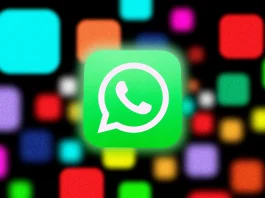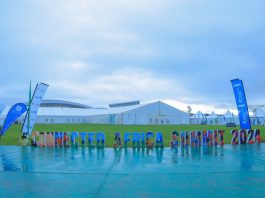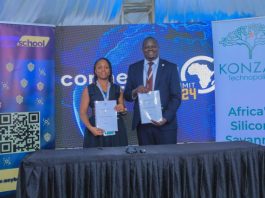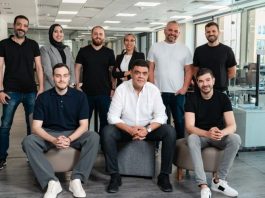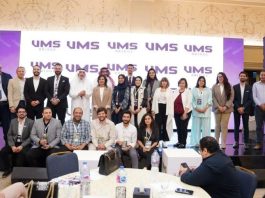Ericsson has published its 21st Sustainability and Corporate Responsibility report summarizing its performance during 2013. The report highlights on: a solidified approach to responsible business including rigorous compliance processes; energy efficient solutions from the company’s product portfolio; and extended reach in providing access to communication for all, including refugees and students in remote areas.
As a lead telecom partner in the Millennium Villages project, Ericsson began a long-term commitment to demonstrate that connectivity could play a decisive role in fighting poverty in Africa
Hans Vestberg, President and CEO, Ericsson, says: “Sustainability is increasingly integrated into our business strategy. I firmly believe that our commitment to sustainability and CR enhances our competitiveness, and the actions we take today will enable positive business outcomes in the future.”
The emphasis on conducting business responsibly takes a full value chain perspective. It begins with supply chain and extends through Ericsson’s own operations including the sales process, where the sales compliance board examined more than 200 cases during 2013.
Elaine Weidman-Grunewald, head of Sustainability and Corporate Responsibility says: “This area continues to gain importance to all our stakeholders and we are focused on building a strong foundation for corporate responsibility within the company. This does not mean incidents can never happen, but it means when they do, we have strong operational processes in place to handle them.”
In energy and environment, Ericsson reports improvements in its own activities and products in operation. Ericsson set a target to reduce CO2 emissions by 30 percent per employee by 2017. The full-year reduction for 2013 was 10% per employee.
Connect To Learn has expanded steadily to positively impact some 40,000 students in 14 countries. In 2013 Ericsson focused on establishing a baseline for measuring impacts, and published the report called ICT in Education.




